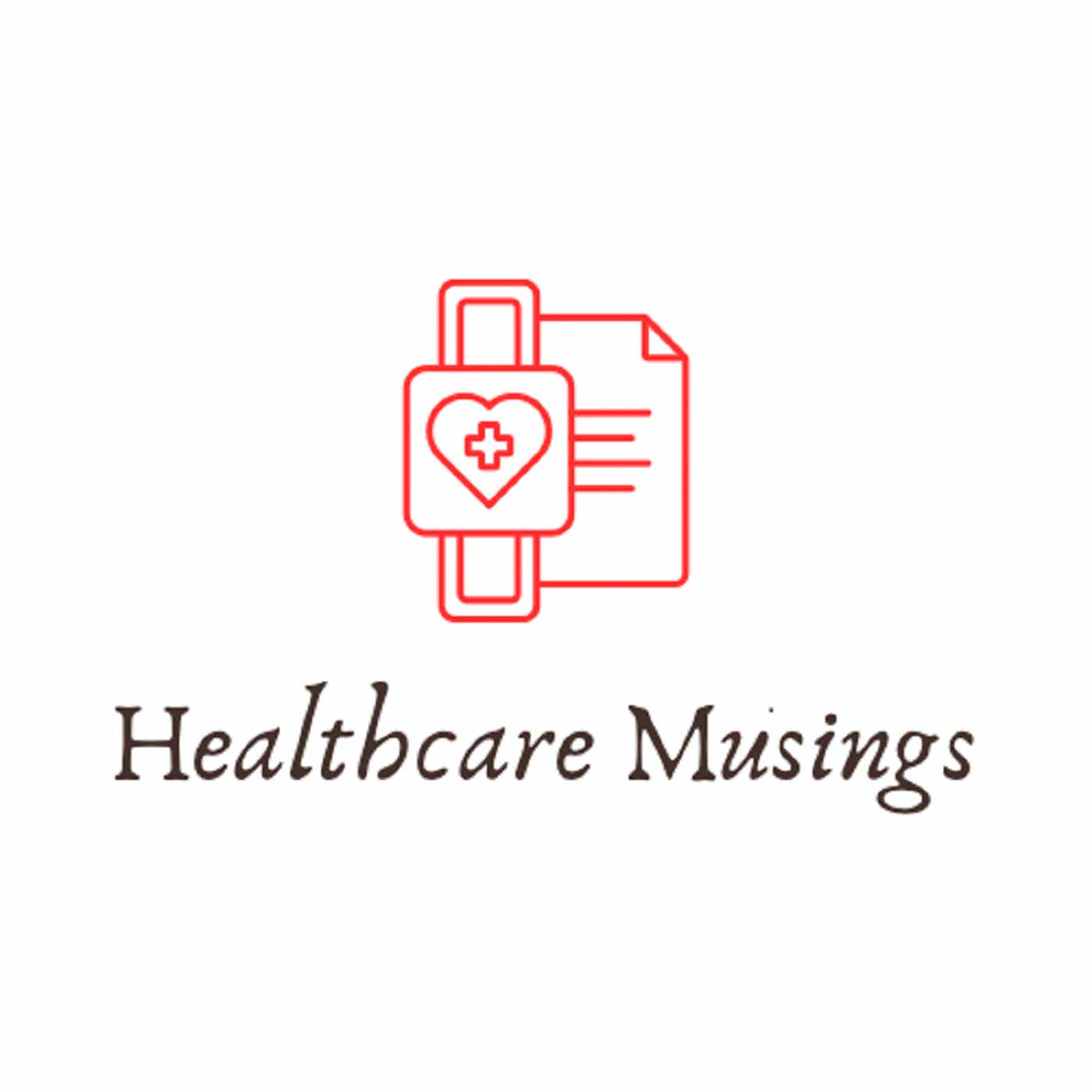
Healthcare Musings
This is the official podcast of Hesham A. Hassaballa, MD, a NY Times-featured Pulmonary and Critical Care Physician, Author, and Healthcare Executive. Healthcare Musings discusses healthcare delivery and policy. Healthcare Musings Substack: http://healthcaremusings.substack.com
Recent Episodes
A Day in the Life of a TeleIntensivist Leader: Dr. Mirko Villanueva
Telecritical care is part of the future of Critical Care Medicine in the United States and world. There are various models of implementing TeleICU programs, and one of them is a “hybrid” between on site and tele ICU. How can ...
Acute Hypoxic Respiratory Failure: Decoding What It Is (and Isn’t) in…
Acute hypoxic respiratory failure is diagnosed by one of these three criteria: PaO2 less than 60 mm Hg SpO2 less than 90% PaO2/FiO2 ratio < 300 That's it. Payers like to add all sorts of clinical criteria alongside this. This...
Get Off The SOFA: Winning the Fight Against Sepsis Denials
Increasingly, insurance companies and third-party auditors are denying sepsis claims and DRGs based on the “Sepsis-3” article published almost 10 years ago. Specifically, they contend that if there is no SOFA score of 2 or gr...
Leadership, Compassion, and the Future of AI in Critical Care: My App…
I was honored to be a guest on the Becker’s Healthcare Podcast. During the episode, I discussed how AI is transforming clinical care; the irreplaceable human elements of medicine; and the leadership values that guide my work....
The Soundtrack of My Grief: "You Are The Piece of Me I Wish I Didn't …
Ever since the death of my daughter on June 7, 2009, I have written and reflected on many things that remind me of her, including many popular songs. It is one of the ways the Lord saved my life after her death. Today, on her...
Can AI Chatbots Make End-of-Life Decisions?
Can an AI Chatbot version of you make an end-of-life decision if you cannot make it on your own? This possibility was brought up to me on a previous episode with Eiman Abdelmoneim . I was so intrigued by the possibility that ...











